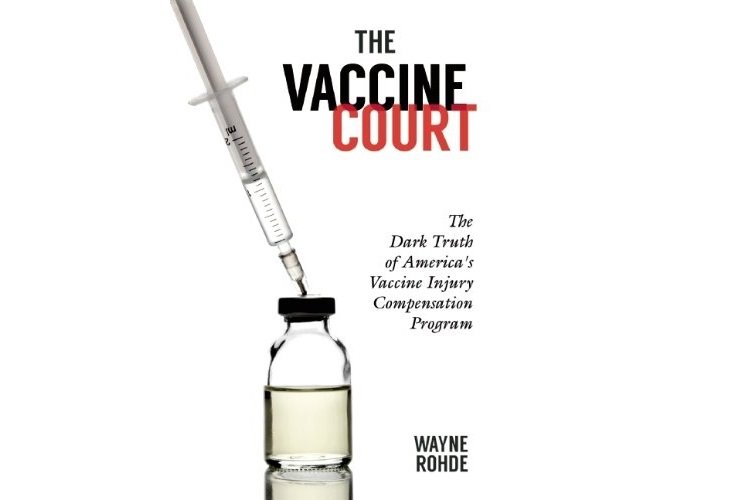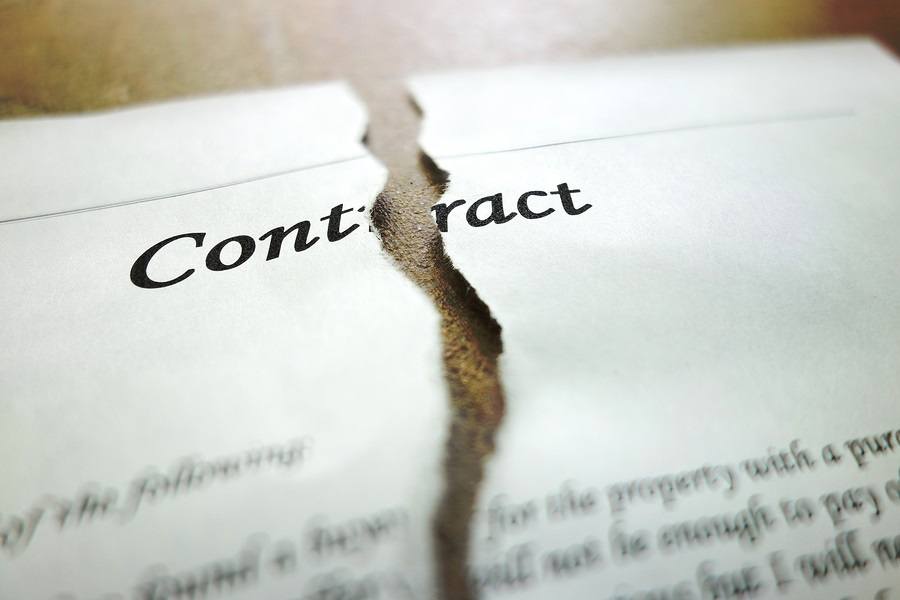Does the Vaccine Court Violate America’s 7th Amendment?
With the upcoming 30th anniversary of the signing into law by President Ronald Reagan (Nov 14, 1986) of the National Childhood Vaccine Injury Act (NCVIA), I want to start the conversation about several areas of injustice of this Act. The signing of the NCVIA in 1986 established the National Vaccine Injury Compensation Program (NVICP) or commonly known as the Vaccine Court. The law also established VAERS, requires the CDC to develop and distribute vaccine information statements (VIS) for each vaccine administered, established a committee within the Institute of Medicine to review the literature on vaccine reactions, and created the Vaccine Injury Trust Fund to provide compensation for injuries or death from childhood vaccines. When faced with the seriousness of a vaccine injury, one seeks the comforting voice of an experienced attorney from the vaccine bar. Most of us do not know that several attorneys associated with the vaccine bar have gone to great personal financial hardship and sacrificing their own family life. Our government is closing the door on those who have been injured seeking compensation from the Vaccine Court, and one subtle way is making it more difficult to be represented by legal counsel.




